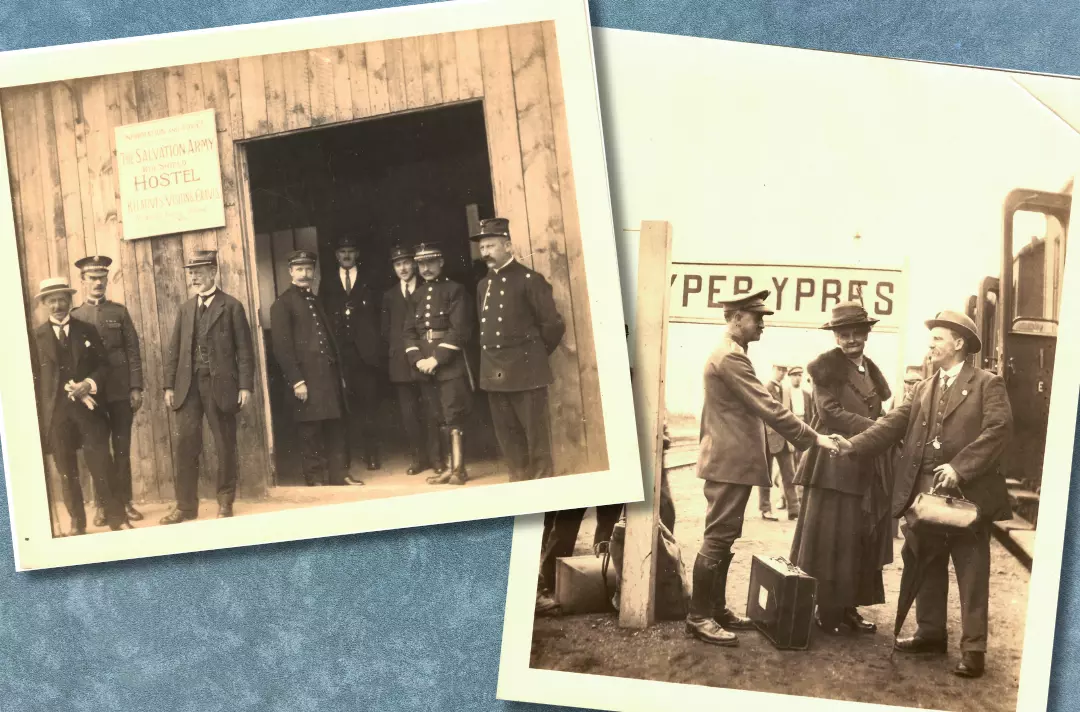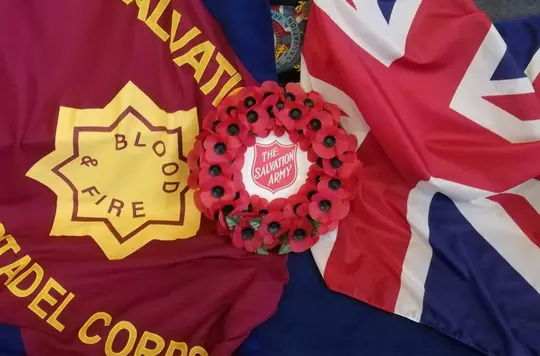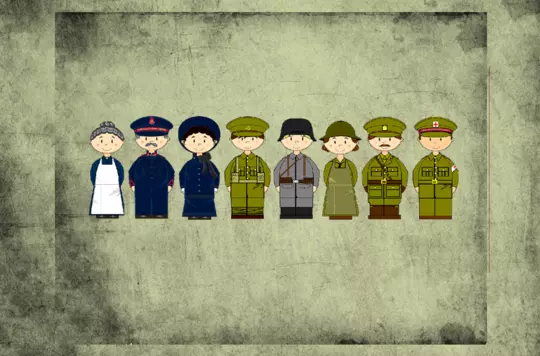11 November 2023
The War Graves Visitation Department
George Tanton
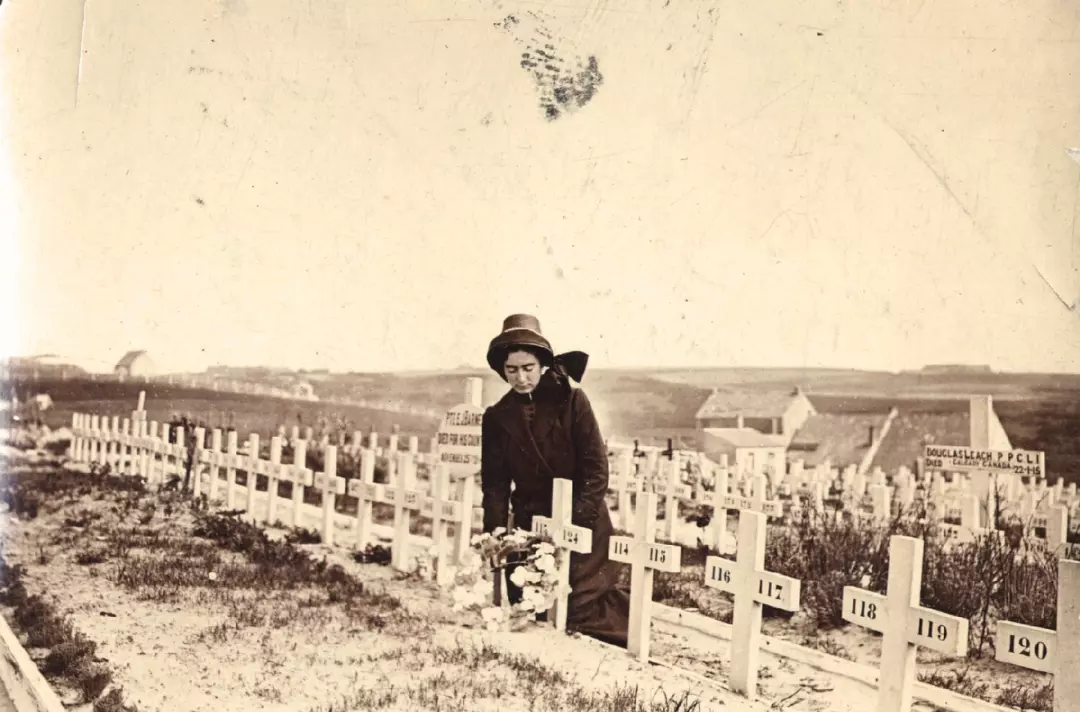
George Tanton finds out how pilgrimages of remembrance brought solace after the First and Second World Wars.
‘This service in no way fosters the war spirit,’ proclaimed Commissioner Catherine Higgins, the head of The Salvation Army’s War Graves Visitation Department in September 1924.
The department provided what Commissioner Higgins called ‘pilgrimages of remembrance’ for grieving British and Commonwealth families who could not afford the costs of travel to visit the graves of their fallen sons, brothers, husbands and fathers. Speaking to the Northern Whig and Belfast Post, she continued: ‘Instead of accentuating ... bitterness they lead to a mellowing of spirit... Sentiments of hatred or revenge cannot survive the soul-reaching appeal of those serried rows of white headstones dotted all over northern France and Belgium.’
The department operated throughout the inter-war period, later led by Lieut-Colonel Edith Wotton, and was relaunched after the Second World War. Its service incorporated a graduated scale of assistance, according to each family’s financial means. In many cases, the Army covered the full expense of travel and board. The department’s officers offered practical support to those crossing the English Channel, as well as emotional and spiritual assistance. This included helping them acquire travel documents and passports, providing French-language translation and finding suitable accommodation in Army hostels, located in Boulogne, Calais, Ostend, Ypres, Arras, Amiens and Rouen. Officers travelled with families to the cemeteries and prayed with grieving relatives at the graveside, consoling and comforting them with compassion.
‘Everywhere the party travelled its members were delighted with the kindly and attentive bearing of Salvationists who met them,’ reported a journalist in the 9 September 1921 Torquay Times, after accompanying a pilgrimage to the battlefields of Ypres, Arras and the Somme. ‘The Salvation Army representatives were the personification of helpfulness and tenderness.’
In the 17 October 1921 War Cry, a woman who lost her husband and son wrote: ‘I could never have undertaken that sad journey but for your help... If the woman officer at your hostel had been my own mother, she could not have shown her loving solicitude for me more than she did.’
In the same issue, another bereaved mother even testified to a spiritual awakening while on her pilgrimage: ‘I never attended any place of worship, nor made any pretence of religion, until I went to France, but while your officer was praying at the grave of my son ... I prayed: “O Lord, pardon my sins.” I am going to be a Salvation Army soldier.’
In March 1936, the Yarmouth Independent reported that a greater number of young people had started embarking on these visits. Consequently, they adopted a more educational appeal to teach people about the evils of war.
‘In view of the present distracted state of Europe,’ read the report, ‘it is well that youth should see at first-hand ... the effects of the war, about which they know from actual experience little or nothing.’
After the Second World War, the service was extended to also include travel arrangements to war cemeteries in Holland.
‘My wife and I have recently returned from a visit to our son’s grave at Eindhoven,’ one Mr Holmes wrote to the Coventry Evening Telegraph in August 1949. ‘This visit has been made possible by the kindness and assistance of the Salvation Army War Graves Visitation Department, to whom we tender our heartfelt thanks... It is a visit that will always remain in our thoughts.
Written by

George Tanton
Editorial Assistant
Discover more
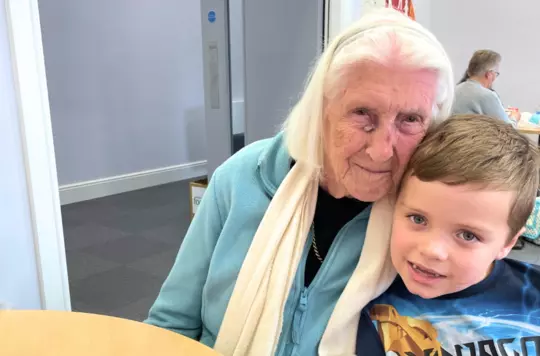
105-year-old Maisie Allison (Ballymoney) talks to Lyn Woods about life, faith and serving during the Second World War.
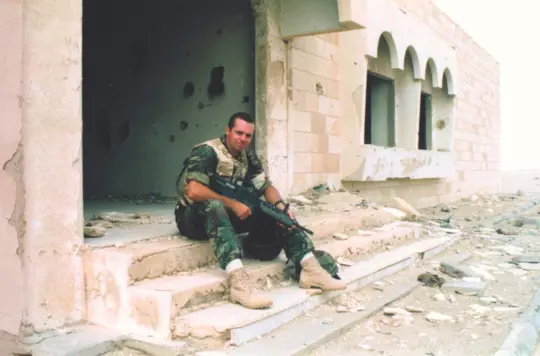
To mark Remembrance Sunday, veteran Kevin Russell reflects on life in the British Army.
